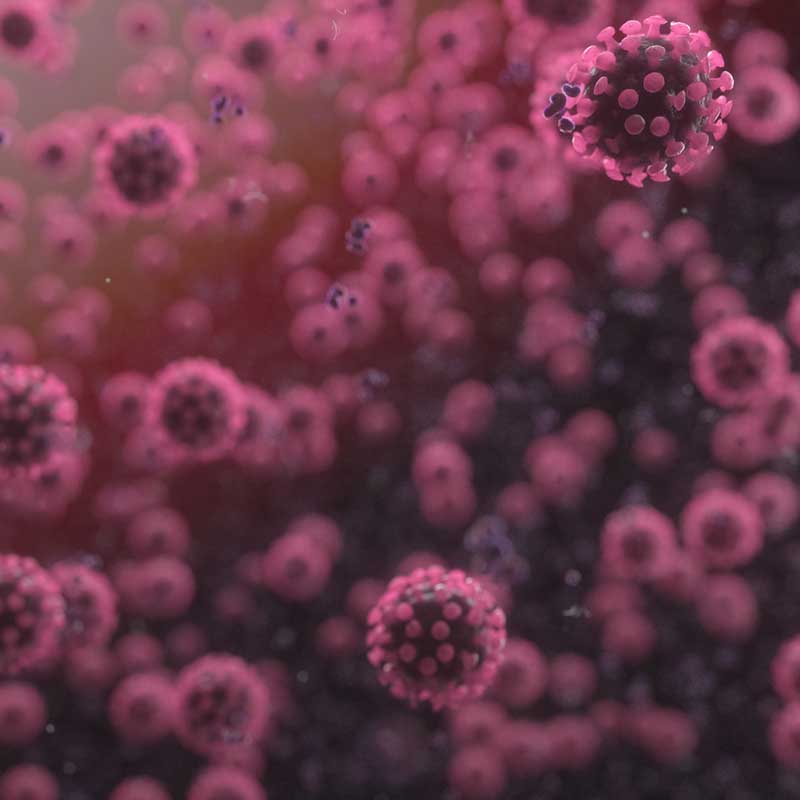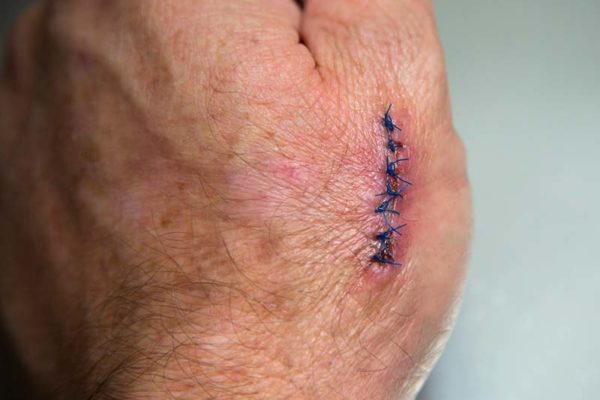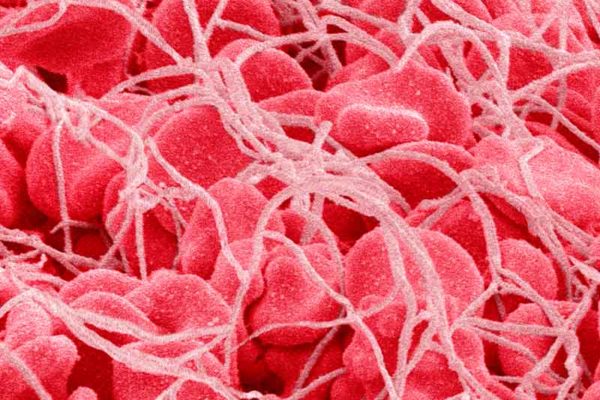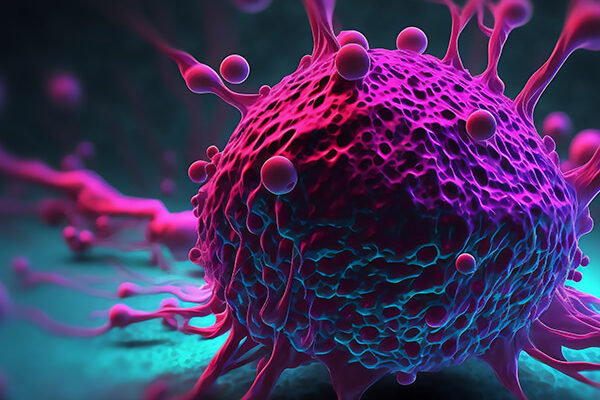A suite of broad neutralising monoclonal antibodies (bnMABs) isolated to be used for treatment of coronaviruses with a focus on SARS-CoV-2 (2019-nCoV). Four potential human monoclonal antibodies have been identified with broad neutralising activitiesin coronavirus(SARS and MERS).
Technology
Monoclonal antibodies are increasingly being introduced as immunotherapeutic treatments against cancer and viral infections. Whilst they can have immunomodulatory abilities, in viral infections (e.g. HIV, HBV, HBC, and Ebola) they are mainly being used as neutralising agents due to their ability to bind viral surface antigens required for entry into the host cell. Antiviral mABs can directly blunt viral propagation and, in some cases, engage the host’s immune system leading to long-lasting protective vaccine-like effects. Herein, antibody (B-cell) cross-reactivity was investigated against coronaviruses to generate a panel of broadly cross-reactive human monoclonal antibodies for therapy. 12 human monoclonal antibodies have been identified that are specific to the cross-reactive epitopes between coronaviruses SARS and MERS. 4 of the 12 demonstrate strong neutralising activities against SARS and MERS in virus assays.
Applications
People will respond to current vaccines to different degrees; however, some groups of individuals with poor immune responses will struggle to raise a protective immune response. Therefore, the development of CoV-bnMAB-based immunotherapies for the highly pathogenic CoVs will address an immediate unmet medical need for providing immunprophylaxis or immunotherapy to immune-suppressed and immune-senescent recipients who fail to respond to conventional SARS-CoV-2 vaccines. The CoV-bnMABs advantageously display cross-reactivity to SARSCoV-2, MERS-CoV and SARS-CoV S, thereby providing a pan-coronavirus antibody that can be used for detecting and treating all known coronavirus pathogens and possibly provide a means for detecting and treating future strains of coronavirus infections.
Benefits
- This invention describes a group of ‘universal’ therapeutic antibodies, called coronavirus broadly neutralising monoclonal antibodies (CoV-bnMAB)
- CoV-bnMAB would serve as effective therapeutic tools against emerging pandemic CoV of the future
- CoV-bnMAB may be used as a robust diagnostic tool for detecting coronavirus infection
- CoV-bnMAB may help people who cannot develop or maintain an adequate immune response following vaccination for SARS-CoV-2, such as older adults, immune-suppressed and immune-senescent recipients
Intellectual Property
This technology is subject of a Priority patent application.




